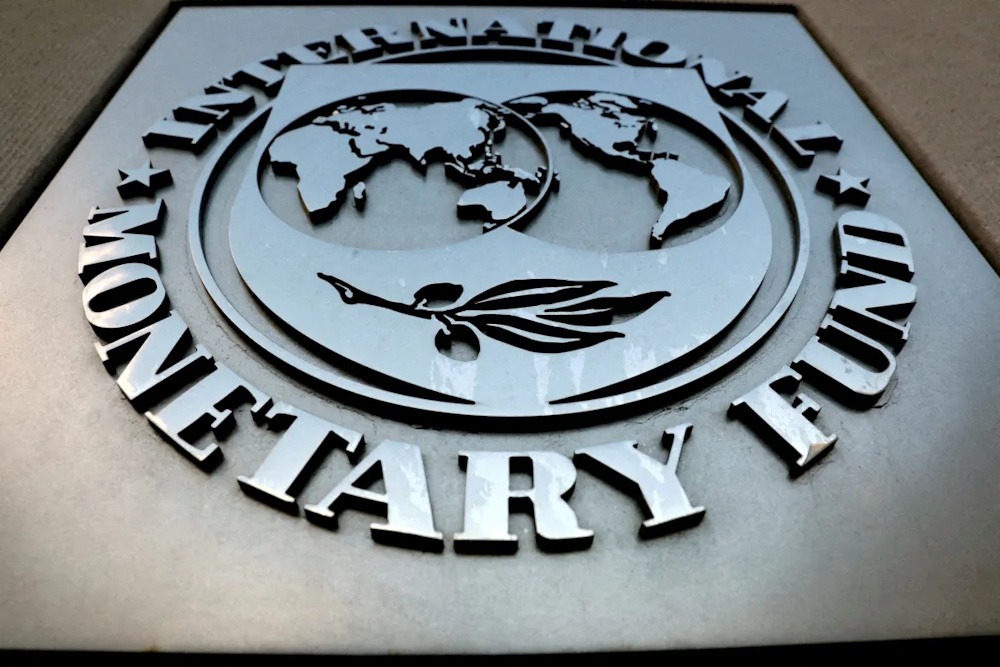Officials from the International Monetary Fund were aware beforehand that the Argentine Treasury would take action in the foreign exchange market, as stated by Julie Kozack during a press conference on Thursday. Kozack also reiterated the necessity of accumulating reserves via transparent mechanisms. “We have continued to underscore the significance of a transparent, consistent, and predictable monetary and FX framework to assist in managing market volatility,” she stated. The spokeswoman indicated that Argentine Economy Minister Luis Caputo engaged in discussions with the agency’s managing director, Kristalina Georgieva, earlier this week. Kozack added that the minister does not intend to engage with the lender prior to the fund’s annual meeting scheduled for mid-October in Washington.
Last week, the Argentine government declared that the Treasury would commence its intervention in the exchange market. “Our staff was informed of the recent spot market interventions by the Treasury, which the authorities explained were a temporary response to heightened market volatility,” stated Kozack. Experts suggest that the Fund would favor Argentina adopting a reserve accumulation strategy akin to that of Chile. In response to inquiries concerning the Central Bank’s foreign exchange accumulation, the spokesperson reiterated the reference to the most recent technical staff report. “We have encouraged the authorities to persist in their endeavors to rebuild reserves, bolster confidence in the peso, narrow spreads, and ensure access to international capital markets,” she stated. The official refrained from responding to an inquiry concerning the potential impact of last Sunday’s Buenos Aires province election results on the backing for the reforms necessary to solidify the economic program.
She instead lauded the government’s “continued adherence to the fiscal anchor” and the “important progress in reducing inflation,” noting that the monthly price increase was “below 2% for 4 consecutive months.” The spokesperson referenced the technical staff report, emphasizing that “enhancements in the monetary and liquidity management framework should continue to mitigate interest rate volatility and the associated negative effects on economic activity.” Market instability and the ruling party La Libertad Avanza’s significant electoral defeat last Sunday are raising alarms among the leaders of multilateral credit agencies. On Tuesday afternoon, the IMF expressed robust support for Javier Milei’s administration in the context of significant declines in Argentine assets and rising tensions with the dollar. At that time, certain stocks had experienced declines of nearly 20%, the dollar was nearing the upper threshold of the band, and the country risk index had surpassed 1,100 points.
On that day, Kozack announced that the IMF was “closely engaged” with the Argentine government’s execution of a “program for entrenching stability and improving the country’s growth prospects.” The most recent evaluation of the advancements achieved by Milei’s administration occurred at the conclusion of July, when the fund’s board sanctioned the initial review of the current program and announced a US$2 billion disbursement.

